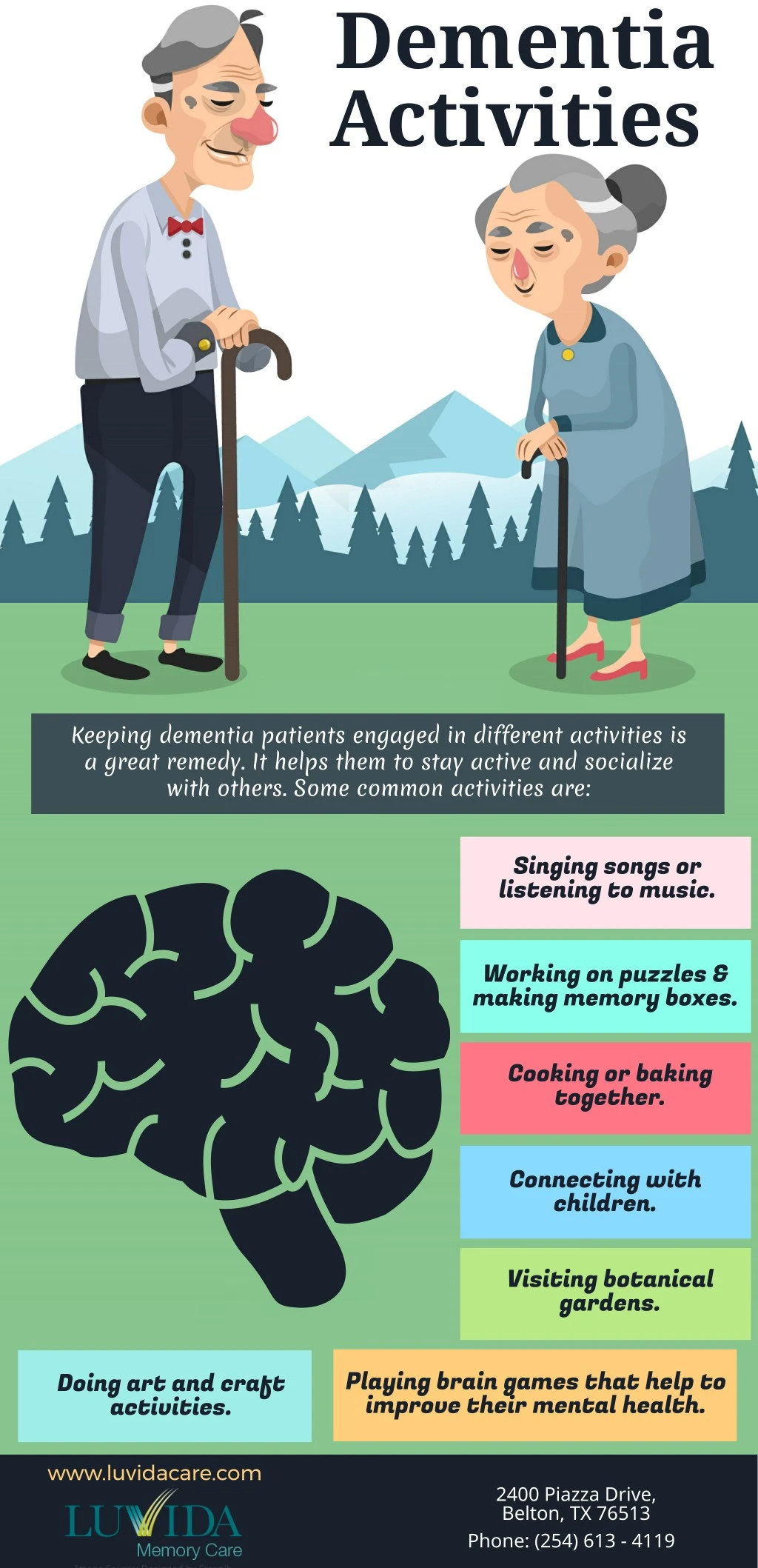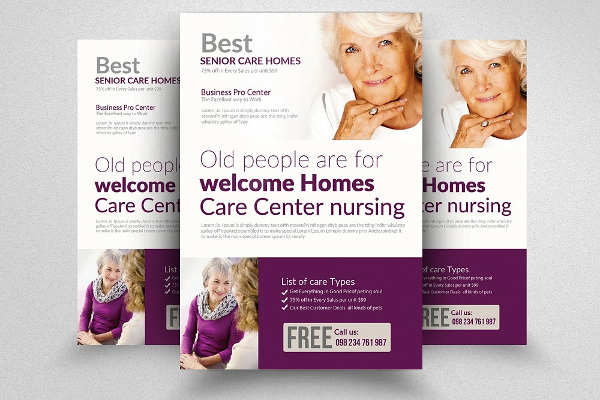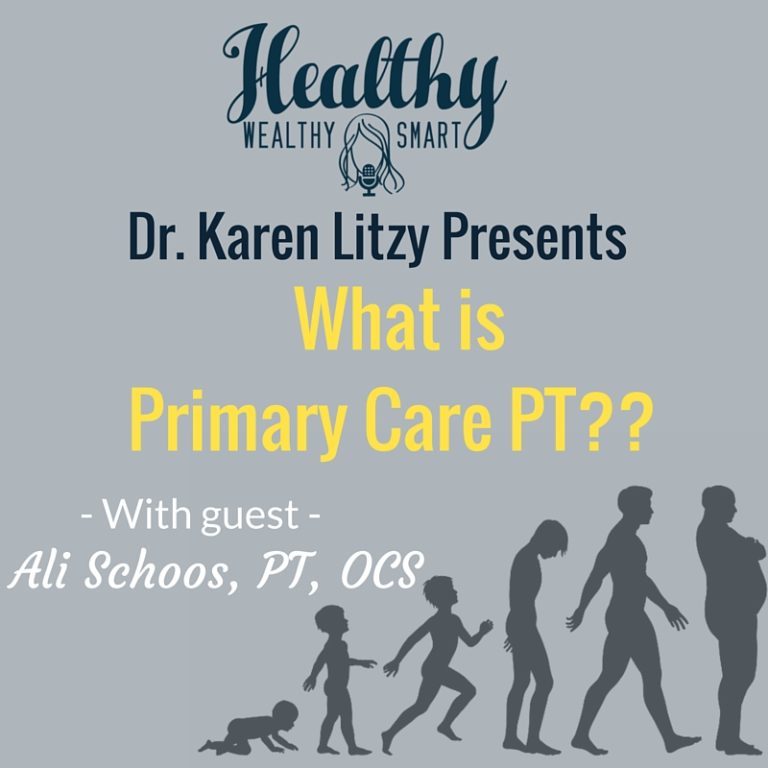
I offer these statistics neither to disparage our hubris nor to brag about our successes. Barely half of patients over 80 years of age who required mechanical ventilation and pressors survived the hospital stay. Pre-hospital functional status adds additional risk: functionally limited patients experienced higher in-hospital mortality (32 vs. Reported mortality rates vary from 38% at 3 months to 50–80% at a year after ICU. Of the elderly who do survive ICU, many will have experienced significant decline in cognitive or physical function. Twenty-five percent of ICU patients over 70 will not leave ICU, compared to roughly 8% of those less than 70. Of those in ICU, half will be over 65 years of age. Twenty percent of Americans will die in the ICU, accounting for much of the 25% of all Medicare expenditures consumed in the last year of life. It was the systole and eventual diastole of a heart deep in the chest of a family and a community.Įverything or nothing (Medical Care of the Soul). It wasn’t just about this one superannuated adult.

ISPEAK ELDRLY CARE FREE DOWNLOAD SERIAL
It was a toll metered out in aches, pains, serial losses, suffering, fear, constant decisions about how far to push fighting, hoping and eventually letting go, searching for the right way and time to say goodbye. I realize now he wasn’t just talking about insurance copays and costs of medicine, the struggle to get to a doctor’s office, the pharmacy, the lab and home without falling and breaking a hip. He’d grunt and reply, “Yeah, they’re Golden alright. “Enjoying your Golden Years?” I’d call out. Walking home up the hill from my hospital in San Francisco, one of my patients could usually be found resting on his front stoop.

Are the elderly just adults grown grumpy and a bit battered, or a special subset of the disabled? Should they be covered by the Americans with Disability Act (ADA)? Like children, are they unable to represent themselves, instead being under the care and control of those who used to be their children? Or are they uniquely valuable vessels of experience and wisdom who deserve our most tender protection? Are they a drag on our economy, or the only real history we have?ĭo the few months to years they have left make investing in them a terrible waste? Or does a lifetime of connection, labor, procreation and contribution to society make every remaining minute worth saving? How should I and society balance saving a few weeks or years of sometimes difficult, potentially limited life against the decades we might have saved by pouring those resources into a young person? Are all years of life of equal value? And whose value system will decide? As I contemplate what might be unique in ethical management of the elderly subjected to Critical Care, I’m surprised at the contradictions in my view of who “they” are. And that was the end of that.ĭecades of adult Critical Care and Nephrology later, I’m well on my way to becoming an Elder – or maybe just old. If you want to pursue that path, you can start over at internship”. The response was consistent and clear: “These children are not just little adults. Striding into Children’s Hospital, Oakland, CA, I announced my intention. **When printing out the "I Speak" cards, make sure your printer is set to print the cards at their actual size (not "fit to page").A few years after completing my fellowship in nephrology, I realized I wanted to be a pediatric nephrologist.
ISPEAK ELDRLY CARE FREE DOWNLOAD PDF
Learn more about our Language Access Program.ĭownload & Print Your "I Speak" Card አማርኛ / Amharic Download PDF Language-specific cards are also available at the: Office on African Affairs (Amharic/አማርኛ & French/Français), Office on Asian and Pacific Islander Affairs (Chinese/中文, Korean/한국어 & Vietnamese/tiếng Việt) and Office on Latino Affairs (Spanish/Español). The cards are available by download or by visiting our Office at 441 4th Street NW, Suite 570N. OHR encourages those who speak limited or no English to obtain the appropriate card for their language and carry it with them.


In order to ensure that any limited English or non-English speaking resident receives equal access to services, the DC Office of Human Rights Language Access program provides "I Speak" Cards that direct government employees to provide such assistance. The largest language minority populations in the District at this time speak Amharic, Chinese, French, Korean, Spanish or Vietnamese. Written information, notices and other materials must also be translated for populations frequently served by those agencies. In the District of Columbia, all government agencies are required to provide customers who speak limited or no English with free interpretation services in any language.


 0 kommentar(er)
0 kommentar(er)
